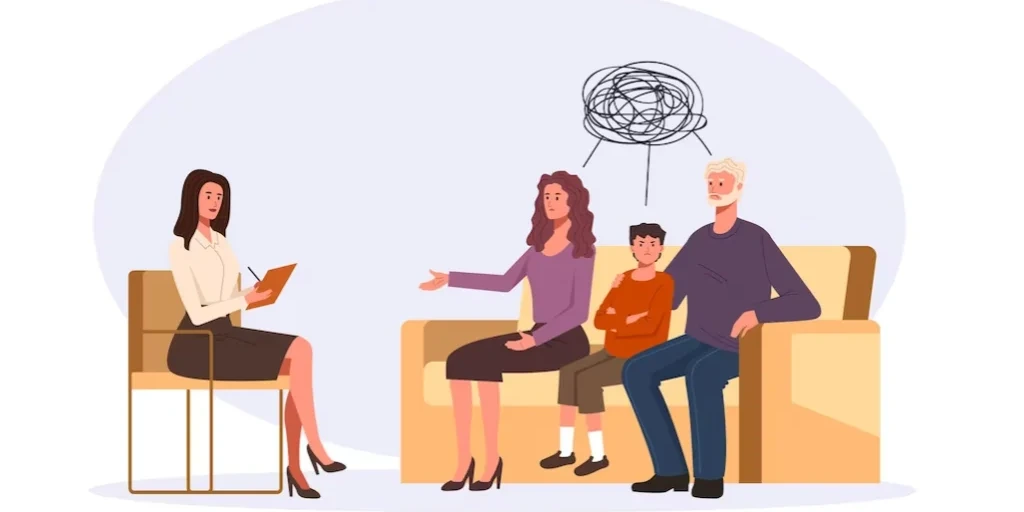24/7 Helpline:
(866) 899-221924/7 Helpline:
(866) 899-2219
Learn more about Eating Disorder Treatment centers in Suffolk
Eating Disorder Treatment in Other Cities

Other Insurance Options

Meritain

Health Net

Private insurance

Cigna

Kaiser Permanente

Carleon

Access to Recovery (ATR) Voucher

BlueShield

Aetna

Magellan Health

CareFirst

Self-pay options

CareSource

UMR

Holman Group

Choice Care Network

MHNNet Behavioral Health

Magellan

Molina Healthcare

Medical Mutual of Ohio

Sentara – Behavioral Health Services
Sentara – Behavioral Health Services is a private rehab located in Suffolk, Virginia. Sentara – Beha...

Western Tidewater Mental Health Center – Saratoga Street
Western Tidewater Mental Health Center – Saratoga Street is a public rehab located in Suffolk, Virgi...

Right Path
Right Path is an outpatient treatment center that couples medication with counseling and support. Ri...





Western Tidewater Mental Health Center
Western Tidewater Mental Health Center is a private rehab located in Suffolk, Virginia. Western Tide...

Pathways to Life
Pathways to Life offers outpatient services for children and adults who are struggling with mental h...







